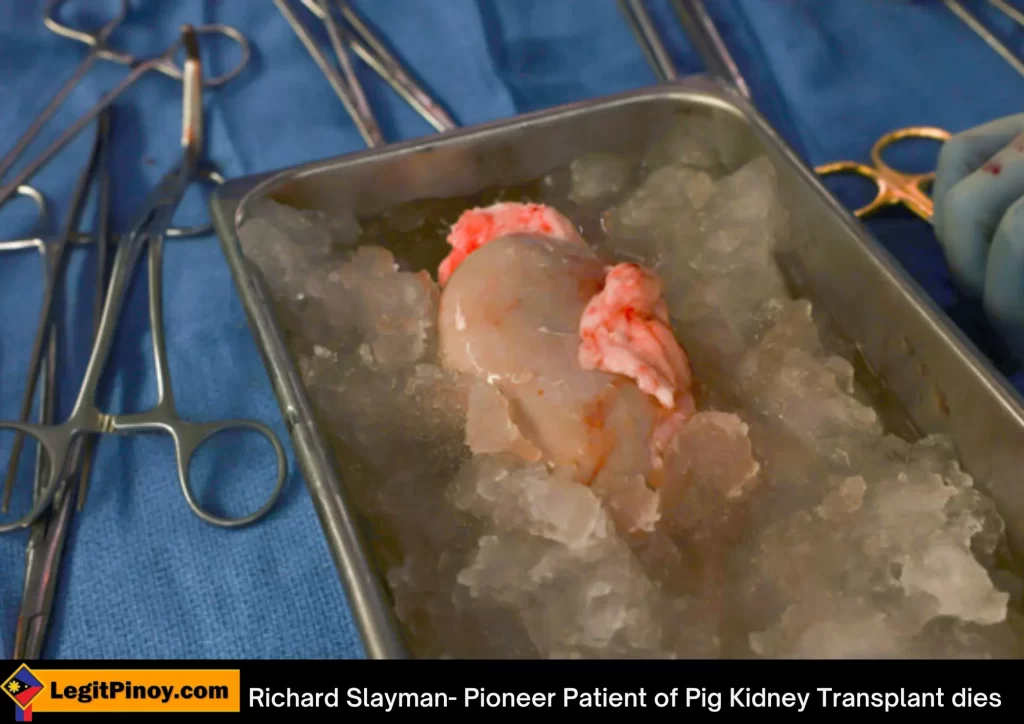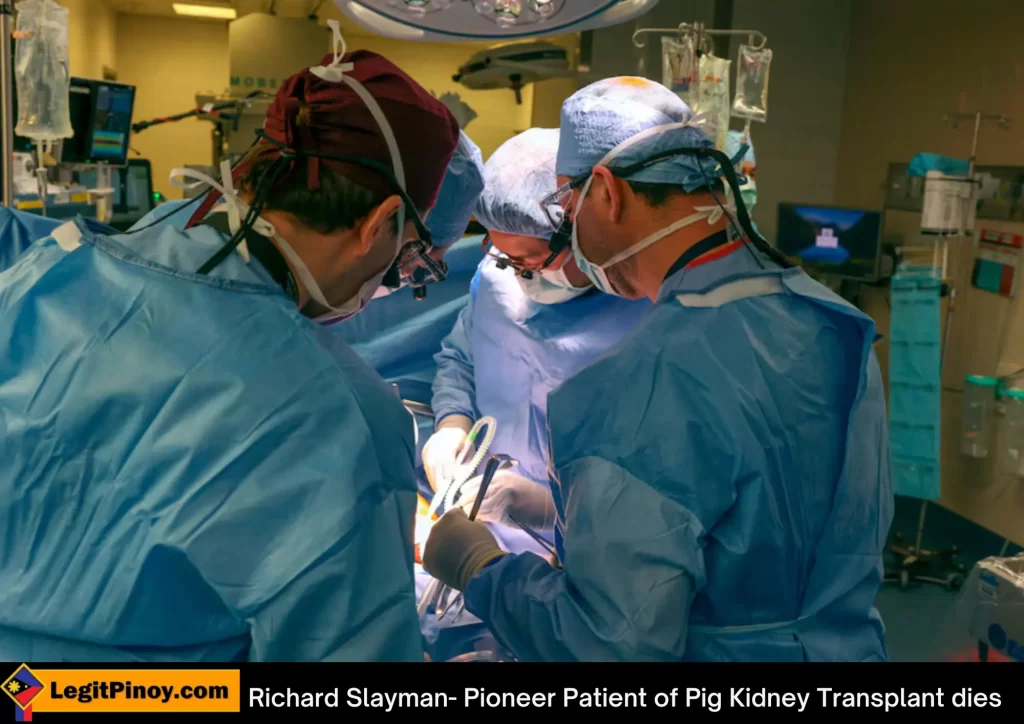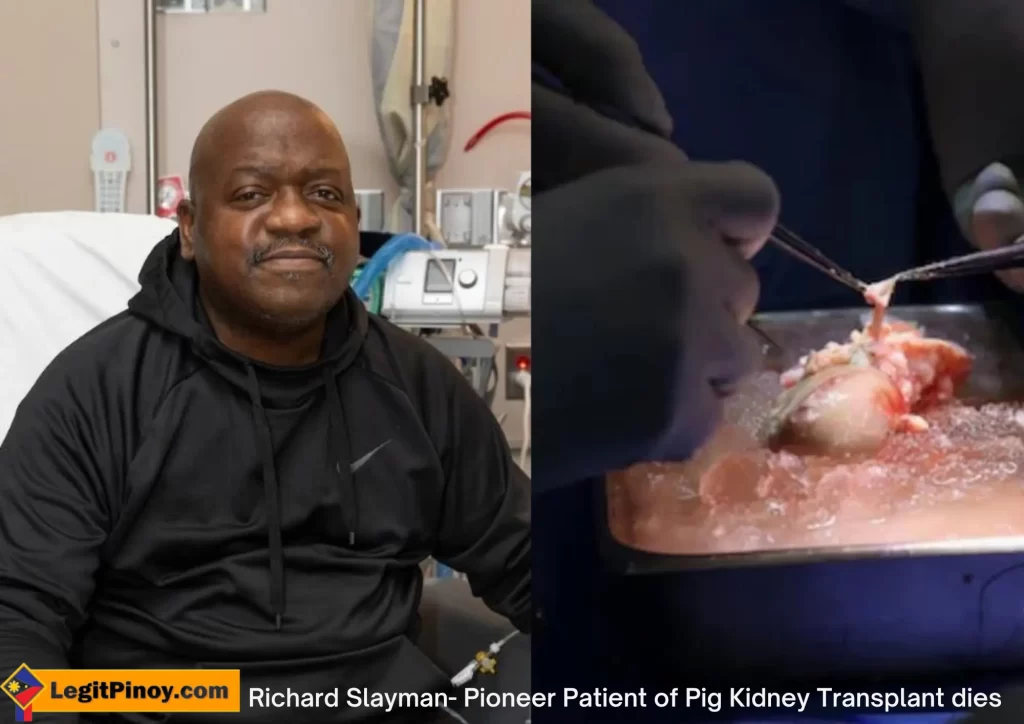Pigs With Genetic Modifications: Customizing Organs for Human Compatibility
What is Xenotransplantation?

Xenotranplantation is like getting a spare part, like a heart or kidney, from an animal, like a pig, to put in a human. It’s an idea to solve the problem of not enough human organs for transplants. But there are challenges, like our bodies rejecting the animal part, and some people think it’s not right to use animals this way. It’s still being studied, but it could be a way to save lives in the future.
The idea of xenotransplantation—using animal organs for human transplants—is getting closer to becoming a reality. A major figure in this field? pigs with genetic modification. However, what precise modifications are being made to these pigs’ organs to make them more human compatible?
Organ rejection is the largest obstacle in xenotransplantation.
Animal organs are seen by our immune system as foreign intruders, and it attacks them accordingly. To address this, researchers are modifying two key genes in pigs genetically:
- Sugar Factories that Silence: Pig cells have sugars on their surface that cause humans to mount a powerful defense. The genes that produce these sugars are rendered inactive by researchers using gene-editing techniques like CRISPR, which essentially renders the pig cells less “foreign” to our bodies.
- Adding Human Disguises: Another approach involves introducing human genes into the pig genome. These genes code for proteins that act as cloaking devices, tricking the human immune system into recognizing the pig organ as “self” and reducing the chance of rejection.
Resolving the Organ Scarcity: Is There a Porcine Alternative in the Offing?
There are many more persons in need of organ transplants than there are human donors available. Many people are in a race against time to save their lives because of this severe shortage.
By generating a fresh and possibly endless supply of organs, xenotransplantation holds the potential to completely transform the organ transplantation process. Pigs are thought to be the most likely candidates because of their similar size and morphology to humans.
Imagine a time in the future when recipients of life-saving transplants won’t have to wait years. A readily available pool of suitable organs could be made available by genetically modified pigs, greatly cutting down on wait times and perhaps saving countless lives.
However, before being widely used, this prospective solution has a number of issues that need to be resolved.
Ethical Considerations: Weighing the Benefits Against the Concerns
- Animal Welfare: There are issues with the care and treatment of pigs raised especially for organ donation. It is essential to guarantee compassionate care and reduce suffering for animals at all stages of their life.
- Disease Transmission: One of the main worries is the possible spread of unidentified animal viruses to people. Pigs must undergo thorough screening and genetic alteration in order to reduce this risk.
- Religious and Philosophical Views: The use of animal organs in humans may be frowned upon by certain faiths and philosophical schools. In order to advance the field of xenotransplantation, it is imperative to respect individual beliefs.
Advertisement


Pioneer in Xenotransplantation Passes Away After Historic Pig Kidney Transplant

The world of medicine has been rocked by the sudden death of Richard Slayman, the pioneering patient who became the first person to get a kidney transplant from a genetically engineered pig. The experience of Mr. Slayman serves as a powerful reminder of the enormous potential and ongoing obstacles in the field of xenotransplantation, even though the reason of death is still unknown and investigations are ongoing.
The Story of Richard Slayman- A xenostransplantation Patient

A brave man named Richard Slayman underwent a history-making surgery last year. His failing kidneys were replaced with a genetically modified pig kidney at Massachusetts General Hospital. This was a giant leap in xenotransplantation, using animal organs for humans.
The pig kidney was specially altered to trick Mr. Slayman’s body into accepting it. Sadly, he passed away two months later, but not due to the transplant. This shows the challenges researchers face in making these transplants work long-term.
Mr. Slayman’s courage paved the way for future advancements. Studying his case will help scientists improve techniques, medications, and genetic modifications for future transplants. There are still ethical concerns about animal treatment, disease risk, and some people’s beliefs. Open discussions are needed to ensure responsible development of this technology.
An Upcoming Era for Organ Donation?
Even with the loss of Mr. Slayman, there is still a lot of promise in the science of xenotransplantation. This technology has the potential to transform organ transplantation, giving countless patients a new lease on life and rewriting the narrative around organ failure as research advances and ethical issues are resolved.
Advertisement

We may also recommend:
You may also read the following:
- Wow888
- betso88
- bk8
- Majesty33
- Okebet168
- lodi291
- Phl63
- JiliCC
- jlbet
- phjoy
- phwin
- slotvip
- panalobet
- mnl63
- 10jili
- ok777 win
- jili22
- Lucky777 Casino
- lodigame
- Peso888
- intgames
- 22win
- milyon88
- ME777
- luckyjackpot888
- MNL777
- YY777
- SuperPH
- FC777
- JILIHOT
- Big Baller Club
- JILIPLAY
- MWPLAY888
- Playzone
- S5 Casino
You may also like:

Jillian Cruz is a versatile blogger and content writer known for her curiosity and passion for writing about various topics. Her engaging writing style attracts readers from all backgrounds. She also collaborates with brands and publications, bringing her unique perspective to marketing campaigns and articles. With her creativity and dedication, Jillian continues to make an impact in the world of blogging and content creation.
